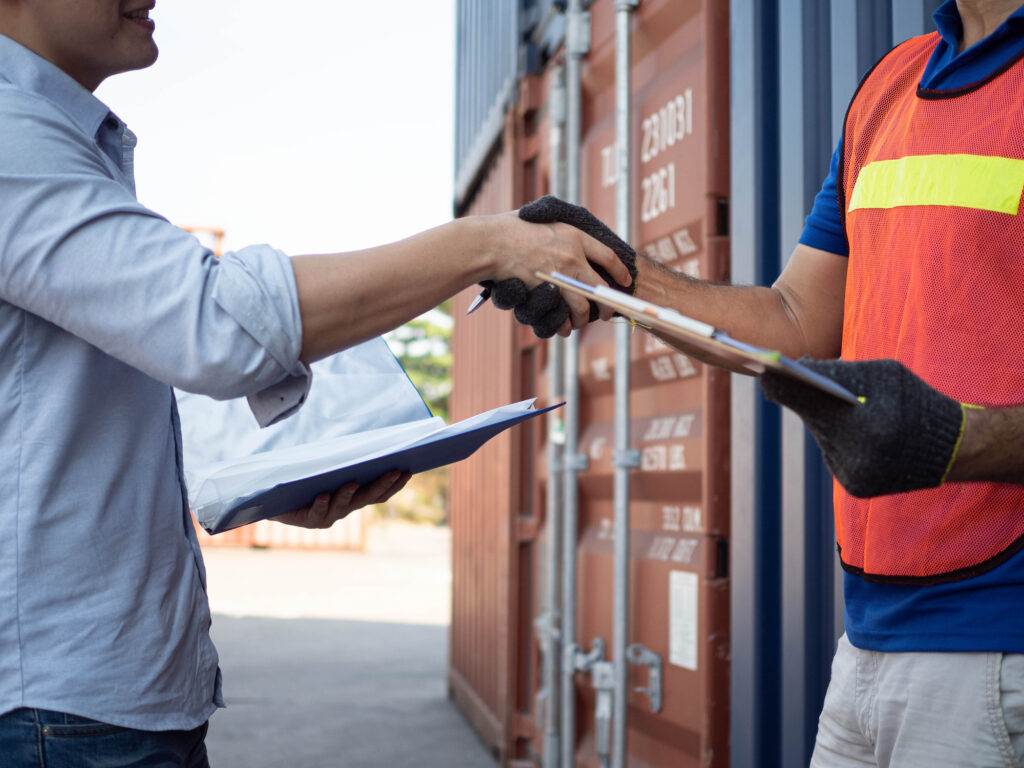In any given year, millions of dollars in exports and imports cross borders all across the globe. The United States exported $1.7 trillion in 2018. A lot of paperwork is involved with all those goods leaving the shores and landing in other countries. This process can often lead to customs transaction issues that slow down delivery.
A customs broker can help you avoid these issues. We explore the role of the customs broker and how their expertise helps companies avoid mishaps.
If you’re looking for an El Paso customs broker, RM Customhouse can help you deliver to your clients on time. Call us to learn more.
What are Some Common Customs Transaction Issues
International trade involves a lot of moving parts. With this in mind, importers and exporters have several key areas of concern that will often cause hiccups or delays in the process. A customs broker’s role is to help businesses remain in compliance with government requirements of the importing or exporting process. The broker is involved in assisting with duties, fees, and payments on behalf of the business or company.
These are some of the most common if you are an importer:
- Tariff Classification: This is a fundamental point for all importers. How a tariff is classified determines the item’s duty rate and eligibility for specific trade programs or trade agreements. This classification also helps in determining whether the article is subject to antidumping or countervailing quotas or duties.
- Customs Valuation: In imports, duty rates are expressed as percentages of the dutiable value of imported merchandise. It’s important not to overlook required additions such as royalty, license fees, year-end price adjustment, etc. These might not be reflected in the invoice and can thus cause customs issues.
- Trade Agreements: The United States has established free trade agreements with countries around the world, such as Mexico, Canada, Dominican Republic, Australia, and more. Importers need to determine whether their products are classified under any of these agreements or the Generalized System of Preferences. Customs closely look at the eligibility requirements and ensure compliance.
- Country of Origin Marking: Shipping containers crossing borders have to be specifically marked with the country of origin. Products that are improperly marked can cause issues and be forfeited, denied entry, or seized. There are very specific restrictions in each country regarding how you mark certain containers.
Issues with Intellectual Property: Customs can also examine imported merchandise to make sure that it is not infringing on any trademark, trade names, or copyright issues.
What are the Most Common Causes of Customs Penalties?
For people engaging in international trade, a breach in compliance or regulations can lead to a penalty. Common causes of Customs penalties include errors in the tariff classification, trademark infringement, failure to declare assists, failure to declare antidumping and countervailing duties, etc.
How Does a Broker Help You Deal with Transaction and Other Issues
In the process of international trade, importers can run into issues that delay or cause problems with their shipment. Generally, a broker will assist with:
- Goods classification
- Preparing and transmitting products through entry
- Obtaining the necessary paperwork
- Verify the admissibility of goods
- Filing petitions for relief
- Deal with CBP export requirements
So the job of a customs broker helps prepare, mitigate, and represent you in these situations. A broker will assist you with essential aspects of the trade process.
Handling Custom Transactions
In order for goods to enter the U.S., They require customs clearance. This means businesses and companies must submit the necessary paperwork and documentation. When it comes to goods entering the U.S., only customs brokers are authorized to present the information to Customs and Border Protection. They are licensed and specifically trained to fill out the entry forms, ensure proper classification codes, and document weight and quantity.
Pay Duties, Taxes, and Fees
When a business sends goods into the United States, it is the customs brokers that are involved in the process of paying dues, taxes, and fees. The customs brokers act on behalf of the business, and they are the only ones licensed to do so.
Record-Keeping
Customs brokers store and keep documents for inbound transactions, which is essential when issues arise, and the business must show their documentation. The records are private and shared only when needed via court order.
A Customs Brokers Acts on Your Behalf
When a problem arises, or a discrepancy is found, a customs broker acts on their client’s behalf and can therefore perform lawful transactions, sign confidential documents, and contact the relevant parties to ensure more reasonable rates. A broker can seek administrative remedies to help the client get the best rates possible.
Contact a Customs Broker for Your Shipping Needs
Whether you are importing or exporting, a customs broker is there to help you through the process. Here at RM Customhouse, we assist businesses that engage with international trade.
Does your business need custom broker services in El Paso? Call RM Customhouse and learn more.


